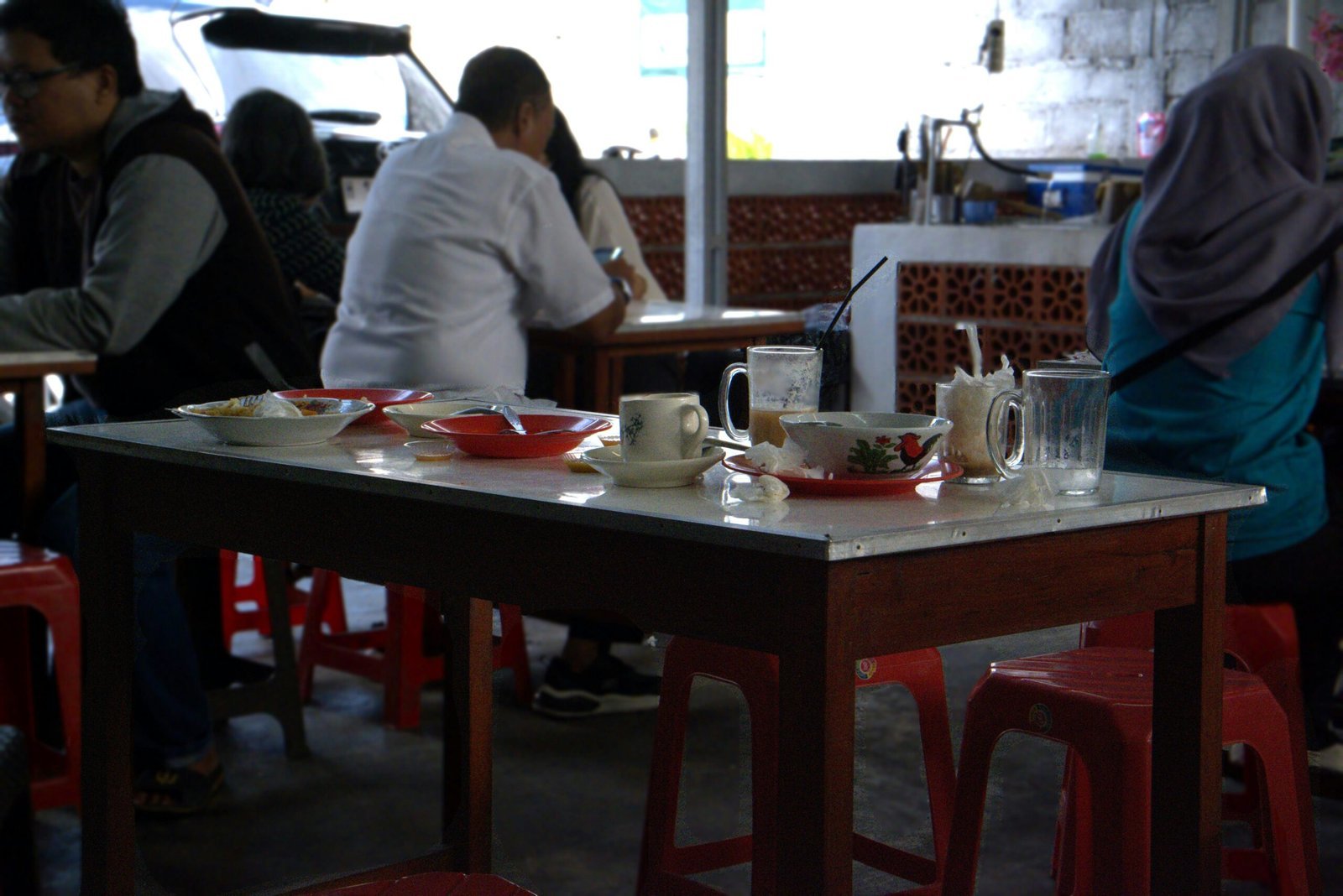Understanding Uselessness
Uselessness, often viewed through various lenses, encompasses a breadth of meanings that extend beyond mere functionality. In different contexts—social, professional, and personal—the term ‘useless’ can be interpreted in contrasting ways. Within a social framework, an individual may be considered useless if they do not conform to established norms or contribute to group dynamics. This could lead to feelings of isolation and rejection, shaping one’s self-perception negatively. Similarly, in the workplace, an employee perceived as unproductive may attract labels of uselessness despite potentially possessing unique qualities that could be valuable if recognized.
Thank you for reading this post, don't forget to subscribe!Furthermore, the psychological ramifications of being labeled as such can be profound. The stigma of uselessness often leads to internalized feelings of inadequacy and self-doubt. Individuals may grapple with the belief that their lack of traditional utility defines their self-worth. This aspect highlights the potential misconceptions that can emerge when society narrowly defines usefulness solely based on tangible contributions. Consequently, the narrative surrounding uselessness often overlooks the intrinsic value of rest, reflection, and downtime, which are essential for personal growth and creativity.
It is crucial to differentiate between being deemed useless and intentionally disengaged from societal expectations. The notion of being ‘intentionally idle’ reflects a deliberate choice to withdraw from relentless productivity, which contrasts sharply with the label of uselessness. This distinction underscores the importance of shifting societal perceptions that frame certain actions or non-actions as less valuable. Recognizing that being unused or unproductive is not inherently negative can foster a more compassionate understanding of the complexities involved in how we perceive ourselves and others.
The Liberation of Letting Go
Embracing the notion of uselessness can serve as a powerful catalyst for personal liberation. This paradigm shift involves stepping away from the overwhelming societal pressures that dictate how we should measure our worth. By recognizing and accepting moments of inactivity as valuable, individuals pave the way for reduced stress and anxiety. This detachment from the relentless pursuit of productivity frees them from the constraints of conventional success metrics.
When one opts to let go of these expectations, they often experience newfound freedom to explore personal interests and creative endeavors without the omnipresent fear of being deemed unproductive. Engaging in activities that may initially feel trivial—such as painting, gardening, or simply daydreaming—can foster a sense of joy and fulfillment that is often absent in the relentless chase for achievements. These unstructured moments provide fertile ground for self-discovery, allowing individuals to reconnect with their passions and aspirations that they may have suppressed in favor of societal approval.
Moreover, rejecting the idea that every moment must be optimized for productivity encourages a culture of creativity. This creative space nurtures ideas and innovations that may remain dormant under the weight of expectation. As individuals prioritize their own fulfillment over external validation, they tend to cultivate a more profound understanding of themselves, leading to enhanced emotional resilience and adaptability. Embracing the power of being unused not only fosters personal growth but also contributes to a more authentic existence, where satisfaction emanates from within rather than from societal accolades.
Ultimately, liberating oneself from the constraints of perceived uselessness offers a pathway to a fulfilling life. This journey of letting go encourages individuals to seek joy in the moment, explore their creativity, and prioritize self-fulfillment, resulting in a richer experience of living that transcends societal definitions of success.
Finding Value in Being Unused
In today’s fast-paced society, where productivity is frequently equated with worth, the concept of being “unused” often carries a negative connotation. However, a closer look reveals that perceived uselessness can serve as a catalyst for novel ideas and artistic expression. Many have turned what was initially considered a detriment into an opportunity for genuine creativity and self-discovery. For instance, an artist may be overlooked by traditional galleries, leading them to explore unconventional spaces or styles that resonate more closely with their personal vision. This deviation from the norm can yield work that challenges the status quo and connects with diverse audiences.
Moreover, the tech industry offers numerous examples of how enjoying moments of inactivity has sparked groundbreaking innovations. A software engineer, feeling underutilized in one project, may spend idle time experimenting with personal projects. These experiments can lead to the development of apps that fulfill niche needs, ultimately expanding the engineer’s horizons and establishing new pathways for success. As individuals reevaluate their contributions, they may discover alternative methods of adding value that align with their passions.
Reframing the narrative around uselessness encourages a shift in perception toward success and productivity. Instead of solely measuring defined outputs, one can consider the impact of creative pursuits, introspection, and personal growth. By embracing these moments of perceived redundancy, individuals can foster a richer, more fulfilling experience in both personal and professional spheres. In essence, recognizing the profound potential embedded in being deemed ‘useless’ can lead to greater freedom in expression, innovation, and ultimately, a redefined sense of purpose.
Creating Meaningful Connections
In a world often driven by achievement and productivity, the concept of embracing uselessness can appear counterintuitive. However, this acceptance opens the door to cultivating deeper, more meaningful relationships among individuals. By recognizing and owning our perceived flaws, we create an atmosphere of authenticity that fosters genuine connection. When one feels ‘useless,’ it often leads to the realization that vulnerability is a shared human experience, allowing individuals to relate to one another on a profound level.
People who accept their moments of inadequacy often find themselves forming connections with others who share similar sentiments. These connections can build a strong sense of community built on mutual understanding and support, where individuals lift each other in times of doubt. Rather than masking their flaws, those who truly embrace their uselessness invite others to do the same, leading to a rich tapestry of experiences shared among friends and acquaintances. This collective realization that everyone has their moments of insignificance encourages a culture where being ‘enough’ is less about societal standards and more about interpersonal bonds.
Importantly, the willingness to discuss feelings of uselessness can help dismantle the societal stigma that often surrounds imperfection. Communities rooted in acceptance showcase that it’s not the flaws that define us but rather how we navigate those flaws together. Creating safe spaces that prioritize openness allows individuals to express their fears, insecurities, and doubts without judgment. In these environments, connections deepen, as individuals discover shared vulnerabilities that bring them closer, illustrating that the journey through life, with all its ups and downs, is best navigated as a collective.
In this way, embracing uselessness transcends mere acceptance; it becomes a powerful catalyst for connection and belonging. Relationships flourish when we lift the veil of perfection and invite others into our authentic selves, sparking deeper interactions and a more supportive community.

